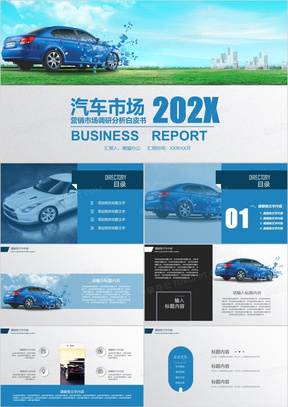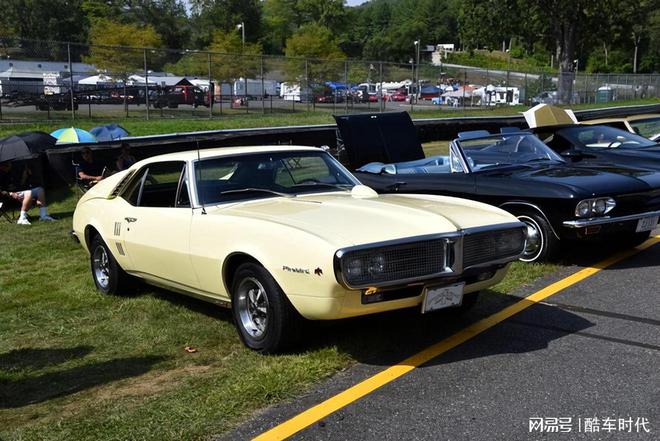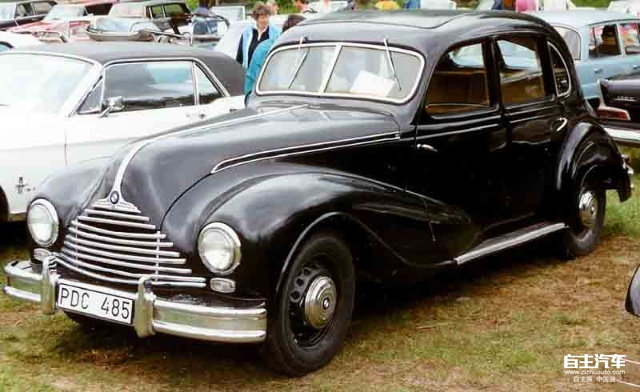Title: The Evolution of Automotive Brands in the English-speaking World
The evolution of automotive brands in the English-speaking world has been a fascinating journey. In the early days, luxury car manufacturers dominated the market, with names like Rolls-Royce, Bentley, and Ferrari setting the standard for elegance and performance. However, over time, new entrants from Europe and Asia began to challenge these established players, offering more affordable and fuel-efficient options for consumers.One of the key drivers of this change has been technological innovation. Companies like Toyota, Honda, and Nissan have consistently invested in research and development to create cars that are not only stylish but also practical and efficient. These companies have also expanded their global reach, establishing manufacturing facilities in countries like South America, Africa, and Southeast Asia.Another factor that has contributed to the evolution of automotive brands is changing consumer preferences. In the past, many people saw car ownership as a symbol of status and wealth. However, in recent years, there has been a shift towards more sustainable and environmentally-friendly options. As a result, electric vehicles and hybrids have become increasingly popular among young professionals who value both style and social responsibility.Overall, the English-speaking world's automotive landscape has undergone significant changes in recent decades. While luxury brands still hold a place in the hearts of many consumers, there is now a wider range of options available to suit different budgets and lifestyles. As technology continues to advance and consumer preferences evolve, it will be interesting to see how the industry continues to grow and adapt in the years to come.
The automotive industry has come a long way since its inception, with various brands vying for dominance in the global market. In this article, we will explore the evolution of automotive brands in the English-speaking world, starting from the early days of car manufacturing to the present day. We will examine the most prominent brands, their historical significance, and their impact on the industry.
Part I: The Early Years (1800s-1900s)
The first automobiles were built in the late 1800s and early 1900s, with some of the earliest pioneers being French manufacturers such as Nicolas-Joseph Cugnot and Gottlieb Daimler. However, it was not until Karl Benz introduced his Benz Patent-Motorwagen in 1885 that the true mass production of cars began. This paved the way for other European manufacturers to enter the market, including Henry Ford's Ford Motor Company in America.
In England, another key player in the early automotive industry was the British engine manufacturer, James Watt. His innovative designs and improvements to steam engines laid the foundation for the development of later automobiles. The first British brand to make an impact on the global stage was the Rolls-Royce company, founded by Sir Henry Royce in 1904. Royce revolutionized the automotive industry with its luxury cars, which became synonymous with elegance and sophistication.

In North America, American inventor and businessman Henry Ford disrupted the industry with his assembly line concept. He established the Ford Motor Company in Michigan in 1903 and introduced the Model T automobile in 1908, becoming one of the first mass-produced cars available to the general public. This led to a surge in demand for cars, and Ford quickly became one of the largest and most influential companies in the world.
Part II: The Rise of European Giants (20th Century)
During the early 20th century, several European brands emerged as dominant players in the automotive industry. German manufacturers such as Mercedes-Benz, Porsche, and Audi gained popularity for their high-performance vehicles, while British brands like Bentley and Jaguar continued to be associated with luxury and prestige. Italian brands such as Ferrari and Lamborghini also gained notoriety for their high-end sports cars.
In addition to these well-known brands, smaller firms such as BMW, Volvo, and Land Rover also made significant contributions to the automotive industry. These companies specialized in producing affordable yet stylish vehicles that appealed to a wide range of consumers. By the mid-20th century, Europe had become home to some of the world's most renowned automotive brands, each with its unique history and legacy.
Part III: The Globalization of Automotive Brands (Late 20th Century)

With the rise of globalization in the late 20th century, automotive brands began to spread across borders and gain popularity in new markets. Toyota, Honda, and Mazda emerged as major players in Japan, offering affordable and reliable vehicles that catered to Asian consumers. South Korea's Hyundai and Kia also saw rapid growth due to their innovative designs and competitive pricing. Meanwhile, American brands such as General Motors, Ford, and Chrysler continued to dominate the North American market.
In recent years, Chinese automakers such as NIO, Li Auto, and Xpeng have gained attention worldwide for their cutting-edge technology and stylish designs. These companies have disrupted traditional auto markets by introducing electric vehicles (EVs) that are both environmentally friendly and affordable for consumers. As more countries open up their markets to foreign automakers, it is likely that we will see even more new brands emerge on the global stage.
Part IV: Contemporary Automotive Brands (Present Day)
Today, the automotive industry is characterized by a highly competitive marketplace, with numerous brands vying for market share. Some of the most prominent names include Toyota, Honda, Volkswagen, Tesla, General Motors, and Nissan. Each of these companies has its own unique approach to design, innovation, and marketing, making them popular choices for consumers around the world.
In recent years, electric vehicles (EVs) have become increasingly popular among consumers looking for eco-friendly alternatives to traditional gasoline-powered cars. Companies such as Tesla have dominated this segment of the industry with their high-performance EVs, but other brands such as Nissan and Chevrolet have also made substantial strides in developing electric vehicles that meet consumer needs.

Conclusion
The evolution of automotive brands in the English-speaking world has been a fascinating journey that spans over two centuries. From humble beginnings with early pioneers like Karl Benz and Henry Ford to today's multinational conglomerates like Toyota and Volkswagen, these companies have transformed the way we think about transportation and mobility. As we look ahead to the future of the automotive industry, it is clear that new brands will continue to emerge and challenge established players in exciting ways. Whether you prefer vintage classics or cutting-edge electric vehicles, there is something for everyone in the world of automotive branding.
与本文知识相关的文章:



